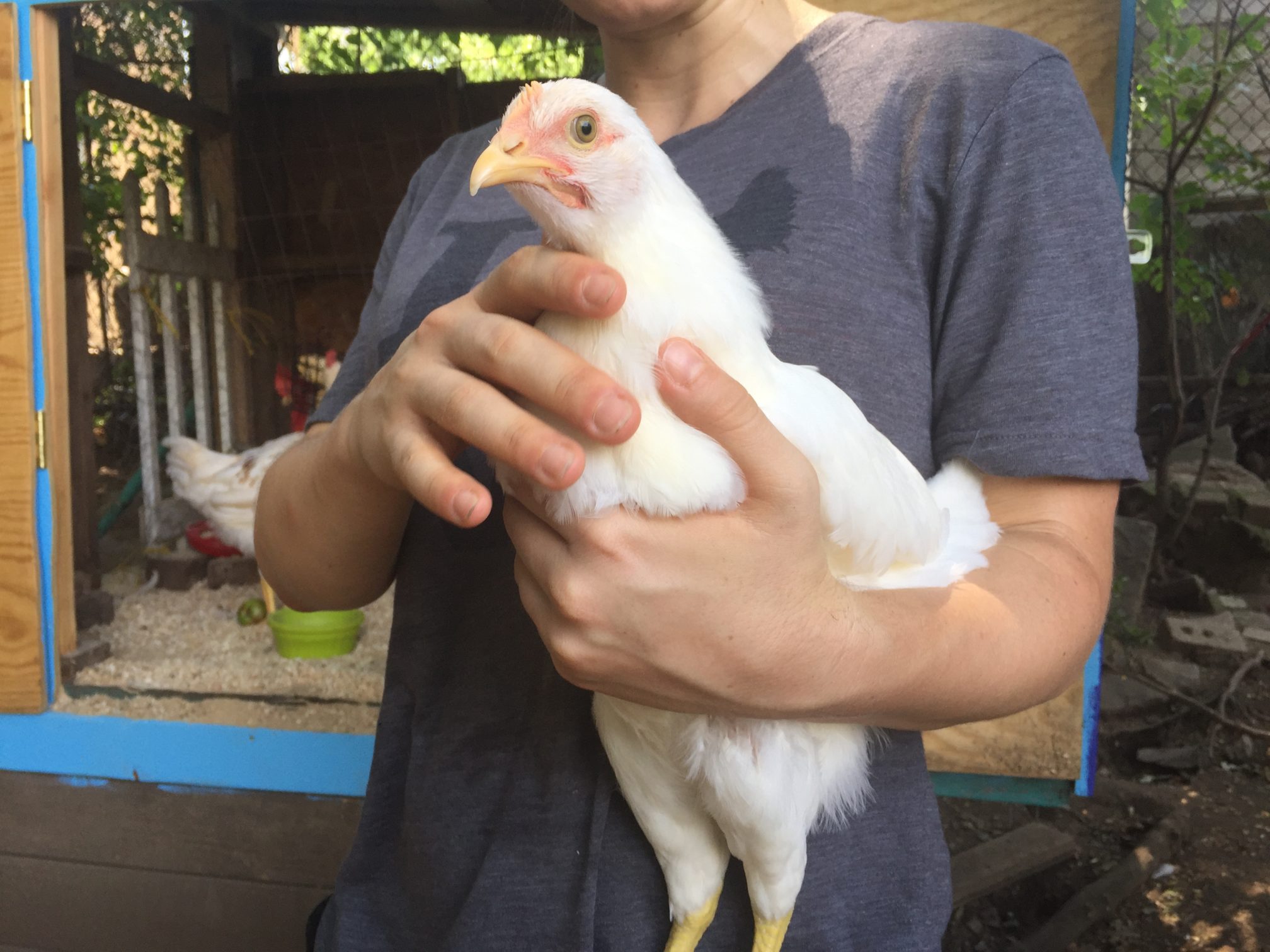Brooklyn’s backyard chickens: Where are they now?

It’s been nearly a decade since Manny Howard published “My Empire of Dirt,” a memoir about transforming his Flatbush backyard into an urban farm and subsisting for a month off only the plants and animals he could produce there.
It was books like Howard’s that sparked a surge of interest in urban agriculture — and, perhaps, a mild obsession within the New York media world with the backyard chickens of Brooklyn.
Beginning around 2010, outlets like Gothamist, Bklyner and Edible Brooklyn started flocking to write trend pieces on chicken-keeping in the city.

Brooklyn Boro
View MoreNew York City’s most populous borough, Brooklyn, is home to nearly 2.6 million residents. If Brooklyn were an independent city it would be the fourth largest city in the United States. While Brooklyn has become the epitome of ‘cool and hip’ in recent years, for those that were born here, raised families here and improved communities over the years, Brooklyn has never been ‘uncool’.